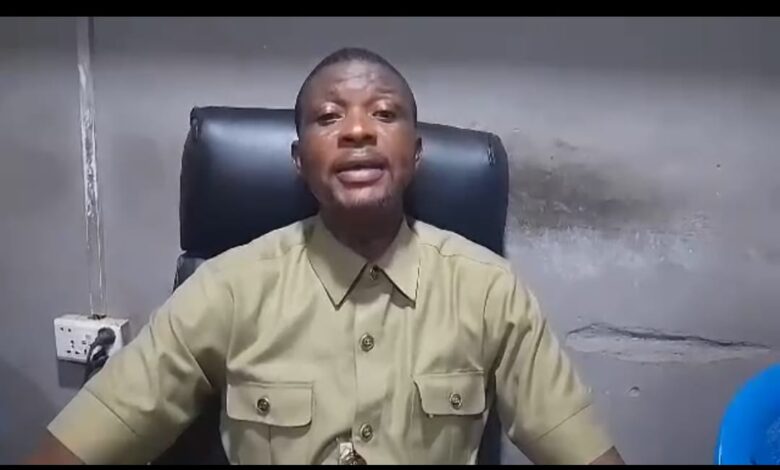Court Exposes Zebulon Okudzeto’s Goof In Legal Process …To Seize Nene Okumo’s Vehicle

The Tema Circuit Court ‘B’ has overturned a previous ruling, highlighting significant procedural errors in Mr. Zebulon Okudzeto’s attempt to seize Nene Okumo Lanuer IV’s vehicle, leaving his legal maneuverings exposed and invalidated.
The Court, led by her Honor Klorkor Okai-Mills, would not accept legal maneuverings contrary to proper procedures which Mr. Zebulon Okudzeto is employing to have his pan of flesh, thus overturned an earlier decision that awarded legal costs of 53,600.00 cedis against Nene Okumo Lanuer IV of Ada.
This decision deals a significant blow to Mr. Zebulon Okudzeto, who had hoped to disgrace Nene Okumo by seizing his land cruiser vehicle.
Initially, Mr. Okudzeto celebrated the court’s ruling to impose legal costs on Nene Okumo Lanuer IV, seeing it as a public embarrassment for the chief. However, the court revisited the decision after discovering that the legal notices about the costs were served to Nene Okumo’s lawyer, who inexplicably failed to appear in court, including on the judgment day.
On May 16, 2024, a new lawyer for Nene Okumo Lanuer IV filed a motion to overturn the February 21, 2024 order that granted Mr. Okudzeto the right to claim legal costs. The defense argued that the court had made a procedural error by not serving the legal notices directly to Nene Okumo Lanuer IV, who remained unaware of the post-judgment costs due to his lawyer’s absence.
Mr. Okudzeto’s legal team argued that the court’s decision could not be changed after the judgment unless a formal review was requested, which had not been done. Despite this, Judge Okai-Mills found the defense’s arguments compelling, emphasizing that proper procedures for notifying and reviewing costs were not followed. As a result, the court invalidated the original order awarding costs to Mr. Okudzeto.
This ruling nullifies Mr. Okudzeto’s previous success and highlights the judiciary’s commitment to following established legal protocols. It serves as a reminder that justice must be pursued within the confines of procedural correctness, ensuring all parties receive proper notice and the opportunity to defend themselves adequately.









